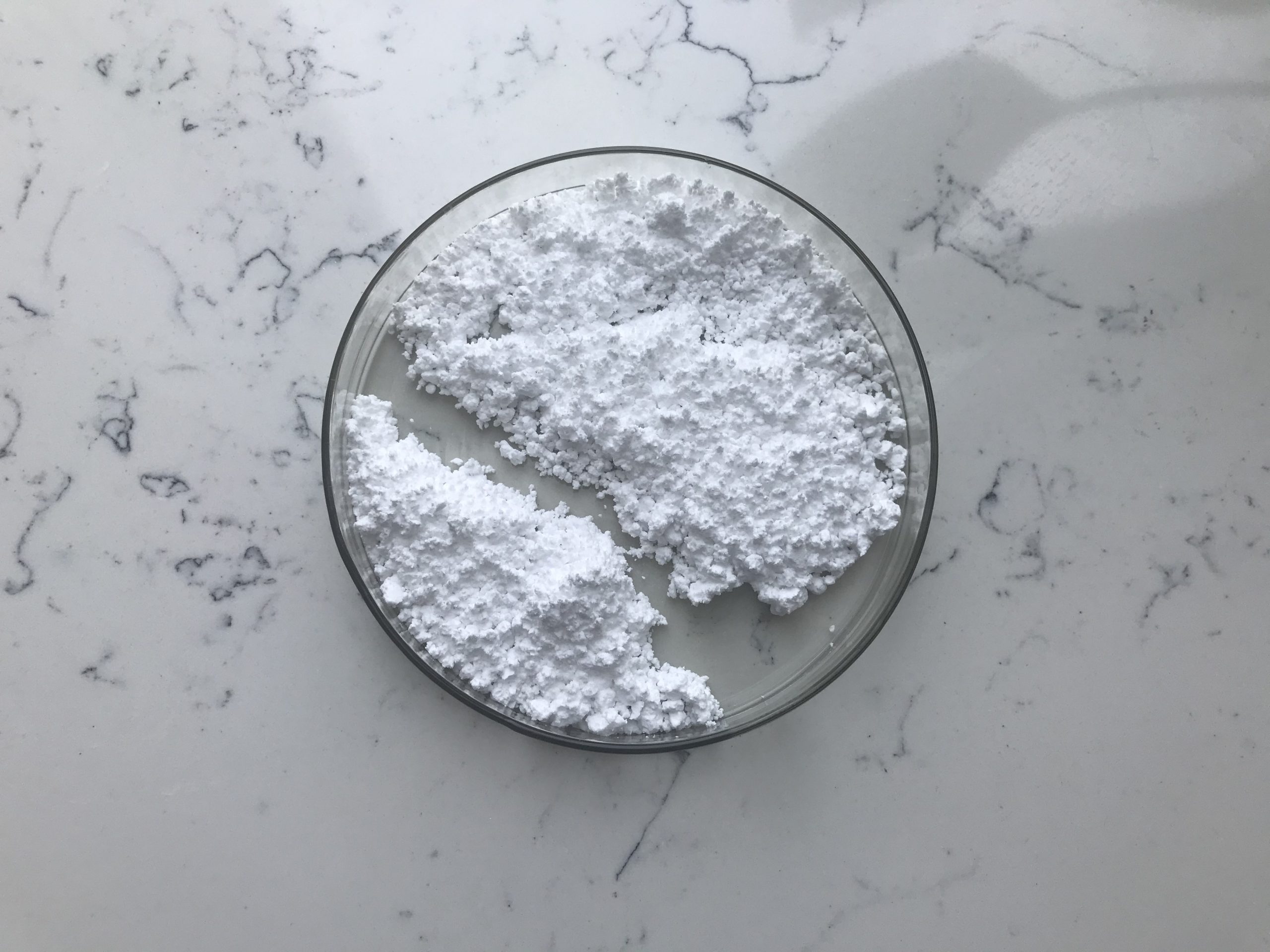Citicoline Sodium is a pharmaceutical form of citicoline, a natural compound found in the body that plays a role in brain health and cognitive function. While citicoline is generally considered safe and well-tolerated, like any medication, it may have some potential adverse effects. It’s important to note that individual responses to medications can vary, and not everyone may experience these side effects. Some of the reported adverse effects of citicoline sodium include:
Gastrointestinal discomfort: Some individuals may experience mild gastrointestinal issues such as nausea, upset stomach, or diarrhea.

Headache: Headaches are among the most commonly reported side effects of citicoline sodium.
Insomnia or sleep disturbances: Some users have reported difficulty falling asleep or staying asleep after taking citicoline sodium.
Low blood pressure: In some cases, citicoline sodium may cause a temporary drop in blood pressure.
Allergic reactions: Although rare, some people may experience an allergic reaction to citicoline sodium, which could include symptoms such as rash, itching, swelling, severe dizziness, or difficulty breathing.
Dizziness or lightheadedness: Some individuals may feel dizzy or lightheaded after taking citicoline sodium.
Agitation or restlessness: A few people may experience increased restlessness or agitation.
Changes in heart rate: Citicoline sodium might lead to changes in heart rate, either slowing it down or speeding it up.
Increased blood sugar levels: Citicoline sodium might cause an increase in blood sugar levels, which could be a concern for people with diabetes.
It’s essential to speak with a healthcare professional before starting any new medication, including citicoline sodium. They can evaluate your specific medical history, current medications, and any potential risk factors to determine if citicoline is safe and appropriate for you.

Remember that this list is not exhaustive, and other side effects or interactions may be possible. If you experience any unusual or severe reactions while taking citicoline sodium, it’s essential to seek medical attention immediately.
Treatment of Citicoline Sodium
Citicoline Sodium is a medication used to treat various neurological disorders and cognitive impairments. It is a nootropic agent that supports brain function and is believed to have neuroprotective effects. Citicoline is also known as cytidine diphosphate-choline (CDP-choline) and is a precursor to phosphatidylcholine, an essential component of cell membranes in the brain.
The specific treatment regimen for citicoline sodium may vary depending on the condition being treated and the patient’s individual needs. It is essential to follow the instructions provided by the prescribing healthcare professional or the medication’s packaging. Here are some general guidelines for the use of citicoline sodium:
1.Dosage: The typical dose of citicoline sodium can range from 250 mg to 1000 mg per day, depending on the condition being treated. The dosage may be divided into two or three doses throughout the day.
2.Administration: Citicoline sodium is available in various forms, including oral tablets and injectable solutions. The most common form is oral tablets, which should be taken with or without food, as directed by the healthcare professional.
3.Medical Conditions treated with Citicoline Sodium:
- Stroke: Citicoline is commonly used in the treatment of acute ischemic stroke and may be initiated within 24 hours of stroke onset. It may help improve neurological recovery and reduce functional impairment.
- Traumatic Brain Injury (TBI): Citicoline has been studied for its potential benefits in improving cognitive function and reducing neurological deficits after traumatic brain injury.
- Cognitive Disorders: Citicoline is sometimes used in the management of cognitive disorders such as Alzheimer’s disease and dementia. It may help enhance memory and cognitive function to some extent.
- Glaucoma: There is some evidence suggesting that citicoline might have a protective effect on the optic nerve and could be beneficial for patients with glaucoma.
4.Duration of treatment: The duration of treatment with citicoline sodium may vary based on the underlying condition and the patient’s response to the medication. It is essential to continue the treatment as prescribed by the healthcare professional.
5.Adverse effects: Citicoline sodium is generally well-tolerated, and serious side effects are rare. However, like any medication, it can cause mild side effects such as gastrointestinal disturbances (e.g., stomach upset), headache, insomnia, and dizziness.
As with any medication, it’s crucial to use citicoline sodium under the supervision of a qualified healthcare professional who can assess the patient’s medical history and overall health to determine the appropriate dosage and treatment duration. If any side effects or adverse reactions are experienced while taking citicoline, it’s important to inform the healthcare provider promptly.
